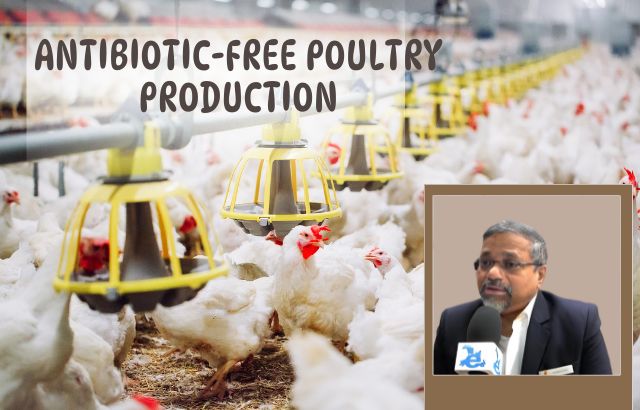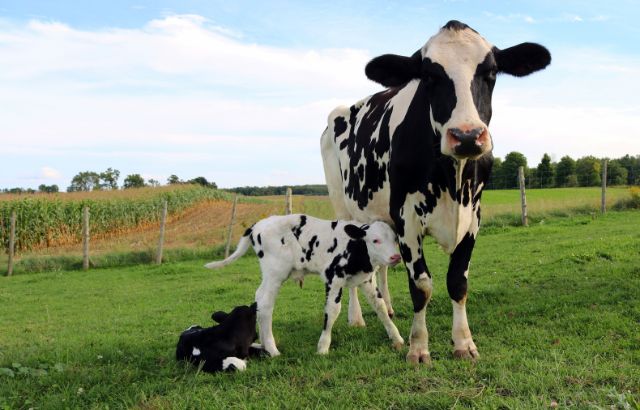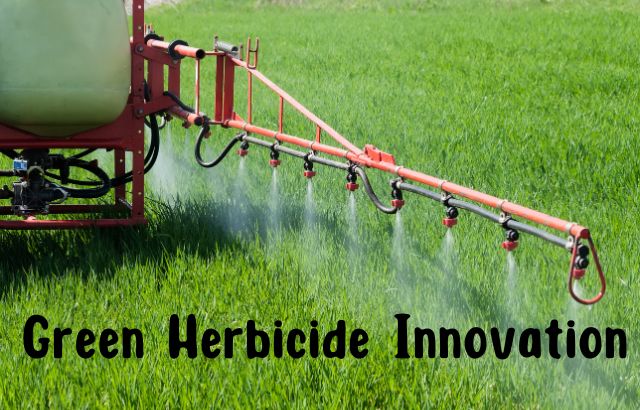When it comes to achieving a fit, lean, and muscular physique, there’s one nutrient that stands head and shoulders above the rest: protein. Whether you’re an athlete, a fitness enthusiast, or simply looking to improve your body composition, understanding the importance of protein is key to reaching your goals.
Protein: The Building Block of Lean Growth:
Protein is often referred to as the “building block” of the body, and for a good reason. It plays a fundamental role in numerous physiological processes, especially when it comes to building and repairing tissues. Here’s why protein is indispensable for achieving high lean growth:
1. Muscle Development and Repair:
Protein is vital for the growth and repair of muscle tissues. When you engage in strength training or resistance exercises, your muscles undergo microscopic damage. Protein provides the amino acids necessary to repair and rebuild these muscle fibers, making them stronger and larger.
2. Enhanced Metabolism:
Consuming protein-rich foods can boost your metabolism. Protein has a higher thermic effect than fats or carbohydrates, meaning your body burns more calories in the process of digesting and metabolizing protein-rich foods.
3. Satiety and Appetite Control:
Protein-rich meals help control hunger and increase feelings of fullness. This can lead to reduced overall calorie intake, making it easier to maintain or lose weight while preserving lean muscle mass.
4. Maintenance of Lean Mass:
When you’re in a caloric deficit, whether for weight loss or maintenance, protein becomes crucial for preventing muscle loss. Adequate protein intake helps preserve lean mass while promoting fat loss.
5. Improved Body Composition:
A high-protein diet can contribute to improved body composition by increasing muscle-to-fat ratio. This results in a leaner, more sculpted appearance.
How Much Protein Do You Need?
The ideal protein intake varies depending on factors such as age, gender, activity level, and goals. However, a general guideline is to aim for around 1.2 to 2.2 grams of protein per kilogram of body weight per day. Athletes and those engaged in intense training may require even more.
Sources of Lean Protein:
- Lean meats such as chicken, turkey, and lean cuts of pigs
- Fish and seafood like salmon, tuna, and cod.
- Dairy products, including Greek yogurt and low-fat milk.
- Plant-based sources like tofu, tempeh, legumes, and quinoa.
Conclusion: Fueling Your Lean Growth with Protein
Protein is more than just a macronutrient; it’s a key player in your journey toward achieving high lean growth. Whether you’re striving for a chiseled physique or simply aiming to improve your overall health, make sure to prioritize protein in your diet. Combined with a structured exercise routine, adequate protein intake will not only help you build and maintain lean muscle but also boost your metabolism and promote a healthier, more energetic you. So, why wait? Embrace the power of protein and embark on your path to high lean growth today!











